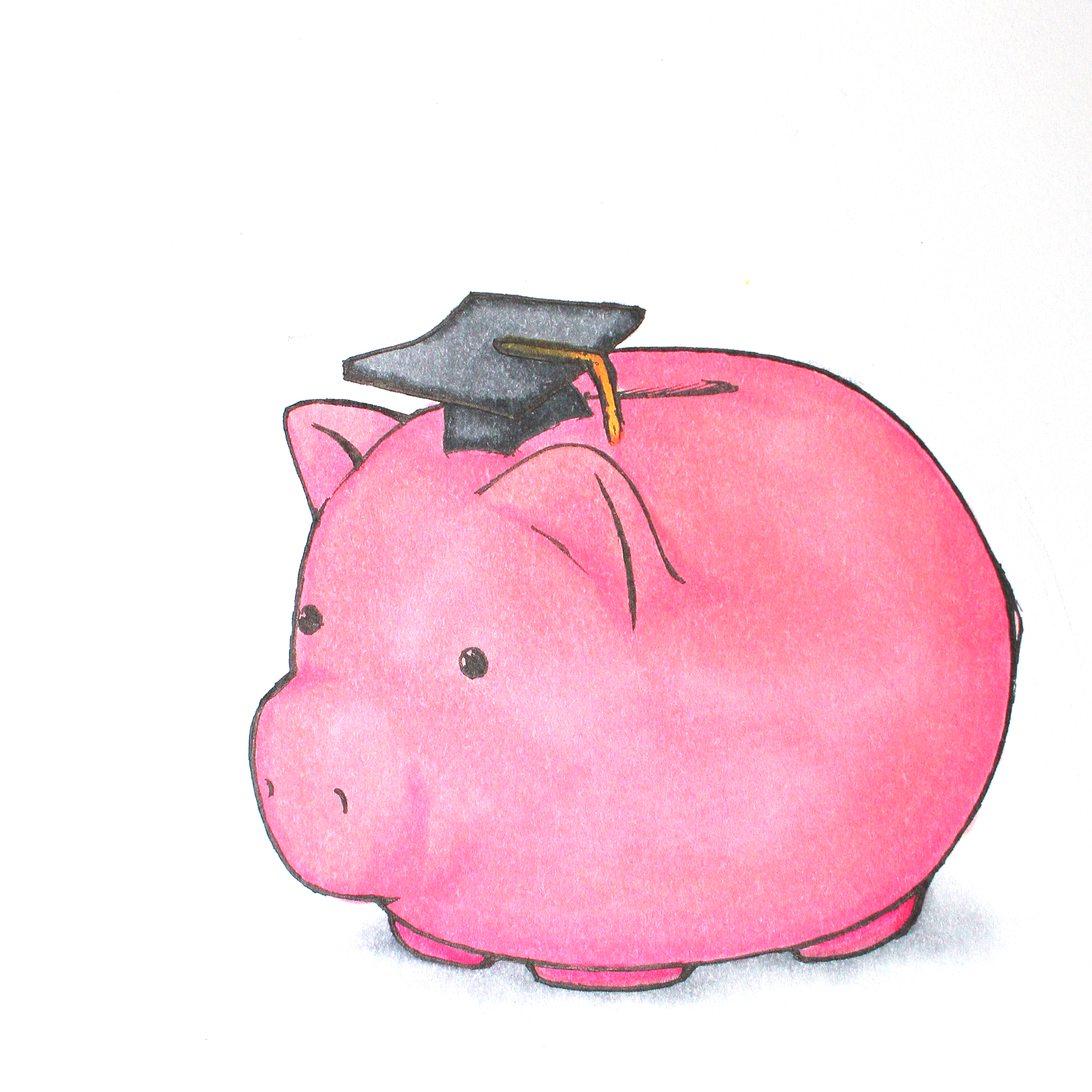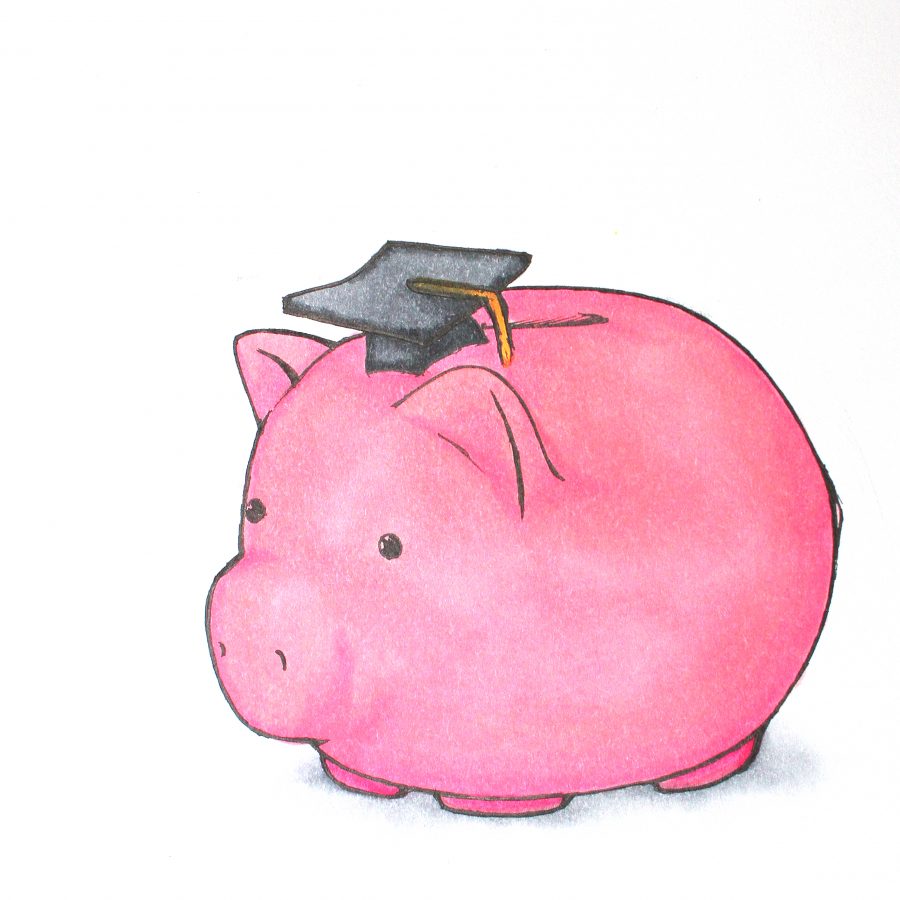
Do you own or possess a farm or part of a farm? No.
Do you own all or part of a business, corporation, home, or other real estate? No.
Did you file taxes this year? No.
So goes the monotonous and arduous process that is financial aid.
As if college applications were not painful enough, now we have to embark on an entirely new journey which is filled with complicated, mind-numbing questions.
Of course I expected forms, especially those that are being given to the federal government for money, to be complicated. But when I had to call my mother for her personal information and have my father call his accountant to find out what the difference between a 1040, 1040A, and 1040EZ tax form is, I knew that I was no longer doing simple paperwork.
As I tasseled back and forth between tax forms and other financial papers I thought to myself, “Why is this process so difficult?” Stupidly, the answer hit me: Because it’s free money. Of course the Free Application for Federal Student Aid forms would be as complicated as the United States Tax Code; with government deficits and fraud running ramped it’s no wonder that the federal government would place close attention in making sure that you absolutely needed the money.
Don’t get me wrong. I feel privileged enough to live in a country where I have the possibility of acquiring money in order to possess a higher education. Looking around the world there are only a slim amount of countries that offer this type of opportunity to its citizens. However, no matter how privileged I feel about being able to receive FAFSA I still find it despicable that we have to go through flamed loops in order to receive financial assistance.
What is worse is that while countless individuals may be able to receive generous sums because of their low income, many middle class individuals are practically exempt from ever receiving any type of financial assistant because they “make enough for their means.” The reality in many of those cases is that those who are middle class make enough to live moderately comfortable but cannot afford to send off one or more children to college.
The one thing that makes me so furious is that it’s actually easier for a country such as Egypt to receive foreign aid instead of individuals who wish to broaden their career and educational options. Would it not seem more logical to improve individuals educational before helping foreign entities?
So what should be done about this? Leave the system as it is to benefit a few at the expense of the many or reform it to benefit as many people as possible?From where I see it, the only way for a program such as FAFSA to live is to have it begin the process of serious reform. Many know that I’m against handouts, especially when it comes from the government. I understand that I’m going to sound like a raging Republican when I say this but it is my firm belief that FAFSA should not be money handed out by the government, but rather funds that are lent to prospective students with financial needs.
Even in the midst of economic distress, FAFSA continues pumping out $150 billion annually. I am no economist, but is it possible that this could be part of our countries spending problem? Furthermore, could it possibly be that colleges know that FAFSA will increase help the more tuition increases and as such colleges inflate their prices for profits, adding to students overall debt.
In order to reduce our countries spending problems and better FAFSA’s operation I strongly believe that the money given by the federal government should be given with a small interest to students that can be paid back over a large period of time after college graduation. This way students could have a greater appreciation for their education and the federal government can cut part of its deficit.
Even if we only paid back half of the money awarded to us by FAFSA, would it not make sense to pitch in for our own education? Shouldn’t we as citizens reform a system that inflates college tuition and instead reform it to become a branch of the government that lends capital to individuals who wish to better their educational prospective in the prospect of the money being returned in order to help others?
In order to create a simpler, more effective, and everlasting federal educational assistance program I fervently believe that the mountains of meaningful paperwork should be discovered and thrown out. Money ought not to be thrown at students, but rather given to responsible scholars who will go above and beyond in the schools they attend. I strongly believe that if this happens, our country can reign in spending and this program can be around for generations to come.









